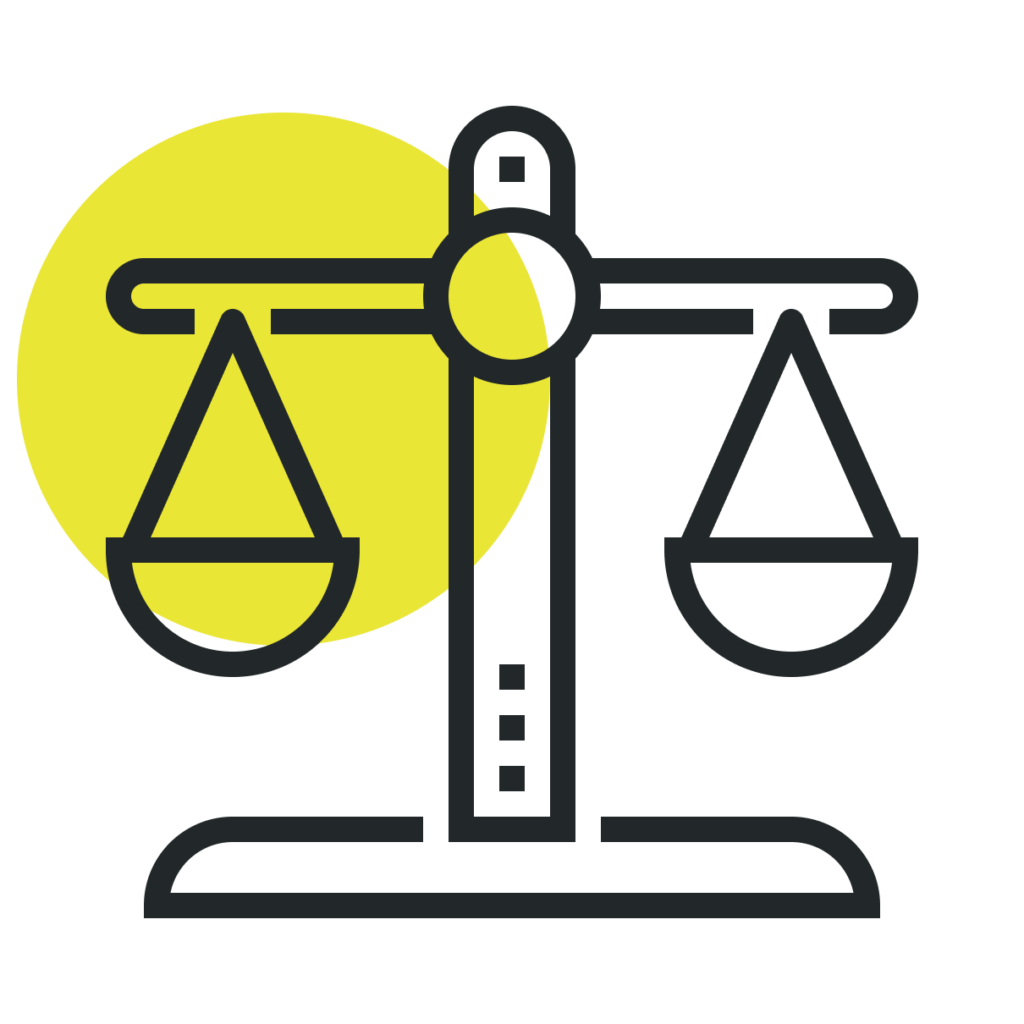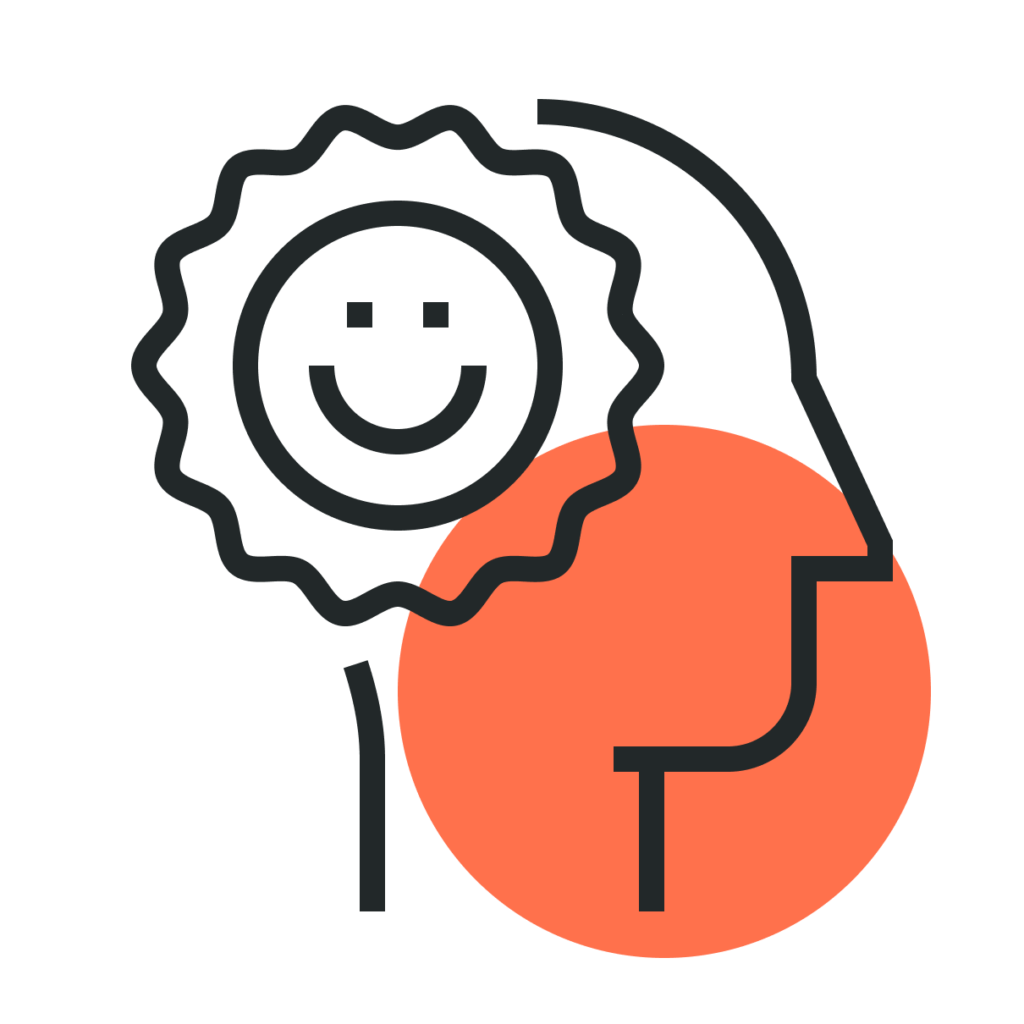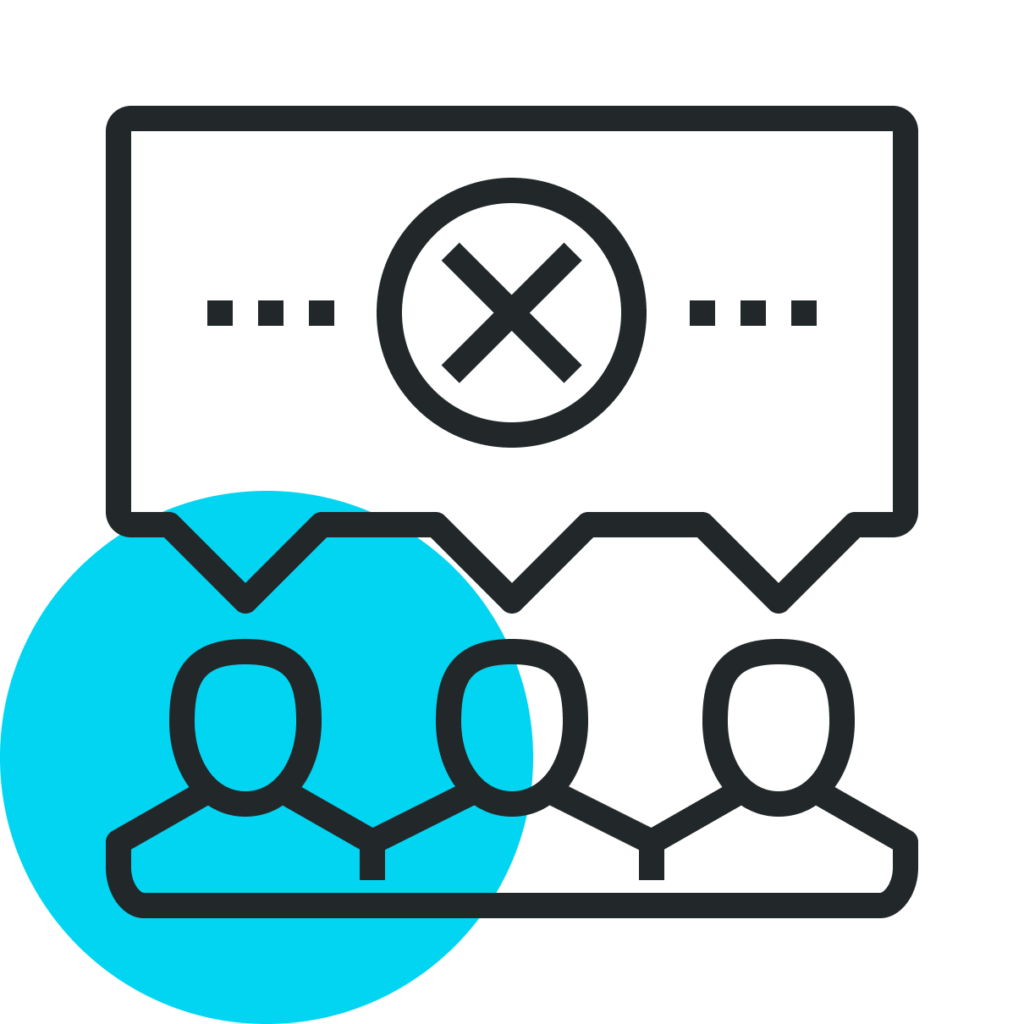Proposed by social psychologist Melvin Lerner in the 1960s, this hypothesis was based on his observations of how people often blame victims for their misfortunes. Lerner conducted a series of studies indicating that when participants were confronted with situations where innocent people suffered, they often devalued or blamed the victims to make sense of the situation.
The Just World Hypothesis reveals how we all have a strong need for order and predictability. As humans, we desire to live in a world that makes sense, and this sometimes means we bend our perceptions to fit more straightforward narratives, even if they’re at odds with reality.
If we believe that everyone gets what they deserve, it becomes easier to blame victims for their misfortunes, reducing our innate compassionate responses. On the flip side, it forces us to give undue credit to people who have succeeded, assuming they have some special ability.
Whether a product succeeds or fails might be based on perceived merit or problems associated with the team rather than external factors beyond the person or the team’s direct control.
We might blame the victim, or assume the team had some special, innate ability when, in reality, any number of factors could have been at play.
This bias can have an outsized impact on things like risk assessment, hiring and promotions, stakeholder management, product roadmaps, marketing, understanding feedback and continuous improvement, and even diversity and inclusion among our team.
🎯 Here are some key takeaways:
Practice critical thinking
Encouraging critical thinking can help team members question assumptions about fairness and justice, leading to more nuanced views of situations.
Avoid victim-blaming
When users struggle with a feature or interface, it's essential not to assume they're using it wrong. Instead, consider the possibility of design flaws or areas for improvement.
Celebrate failures as learning opportunities
Instead of shying away from mistakes or setbacks, celebrate them as opportunities for growth and learning. This approach can foster resilience and innovation within the team.
Incorporate feedback mechanisms
Establishing clear feedback channels can ensure that judgments about performance are based on objective criteria rather than assumptions rooted in the just world belief.
Strive for inclusive leadership
Leaders need to be wary of this bias while making judgments and decisions. Make sure decisions are based on facts and not influenced by different cognitive biases.
📚 Keep exploring
To dive deeper into the topic of Just-World Hypothesis and its implications for decision-making, check out these resources:



